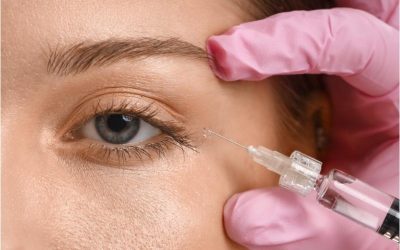Advancements in pediatric neurology are transforming the outlook for children who experience seizures, offering hope and practical solutions for their families. When searching for information about treatment options, many parents and caregivers turn to the internet for reliable guidance. A typical search phrase is Pediatric Seizures NJ, which indicates a growing need for up-to-date information on the latest therapies and resources available in New Jersey. Understanding these developments can empower families to make informed decisions, ensuring the best possible care for their children.
New Approaches in Diagnosis and Monitoring
Accurate diagnosis is the foundation of effective seizure management. Recent innovations in diagnostic tools have made it easier for healthcare providers to pinpoint the type and cause of Pediatric Seizures in NJ,. Video EEG monitoring, for instance, allows for continuous observation of a child’s brain activity in inpatient and outpatient settings. This technology helps distinguish between different seizure types and guides treatment decisions. In addition, genetic testing is becoming more prevalent, aiding in identifying underlying genetic conditions that may contribute to seizures. These advancements lead to personalized treatment plans tailored to each child’s unique needs.
Medication and Non-Pharmacological Therapies
Medication remains a cornerstone of seizure management, but the past decade has seen the introduction of new anti-epileptic drugs (AEDs) with improved safety profiles and fewer side effects. These medications offer better seizure control for many children, especially those who did not respond well to older drugs. In some cases, children may benefit from non-pharmacological therapies, such as the ketogenic diet, which has shown promise in reducing seizure frequency for certain patients. This high-fat, low-carbohydrate diet alters brain metabolism, making it more resistant to seizures.
Alternative treatments are available for children who continue to experience seizures despite medication and dietary changes. Vagus nerve stimulation (VNS) is one such option, involving the implantation of a small device that sends electrical impulses to the brain, helping to reduce the frequency and intensity of seizures. Responsive neurostimulation (RNS) and deep brain stimulation (DBS) are emerging therapies that may be considered for select cases, providing new hope for families managing complex seizure disorders.
The Importance of Comprehensive Care and Support
Managing pediatric seizures requires a team approach, involving pediatric neurologists, nurses, dietitians, and mental health professionals. Families benefit from comprehensive care that addresses seizure control and the child’s emotional, cognitive, and social well-being. Support groups and educational resources help parents navigate the challenges of daily life, while individualized care plans ensure each child receives the appropriate interventions at every stage of development.
Early intervention and ongoing monitoring are critical for optimizing outcomes. Regular follow-ups allow healthcare providers to adjust treatment as needed, ensuring children achieve the best possible quality of life. As research advances, families in New Jersey can expect even more innovative solutions for pediatric seizure management in the years ahead.
For those seeking expert guidance and compassionate care in New Jersey, Neurology Center for Epilepsy and Seizures is a trusted partner dedicated to supporting families through every step of their child’s journey with pediatric seizures.


